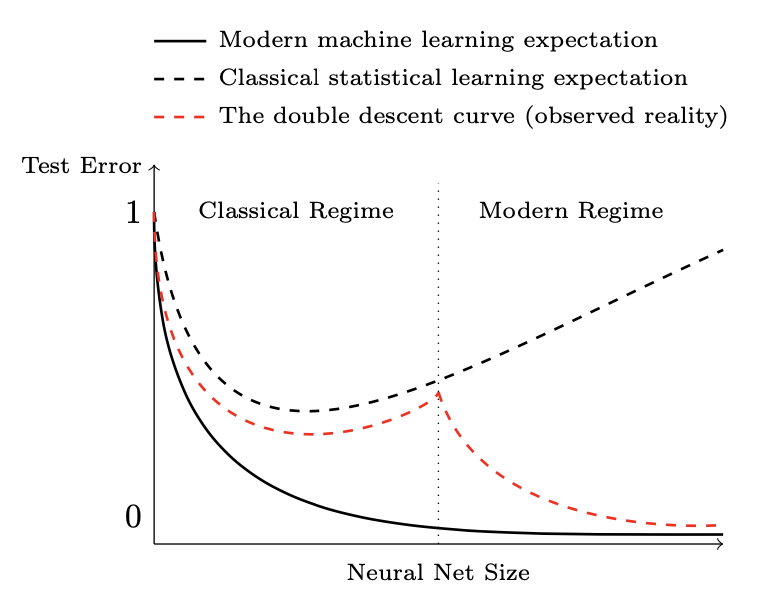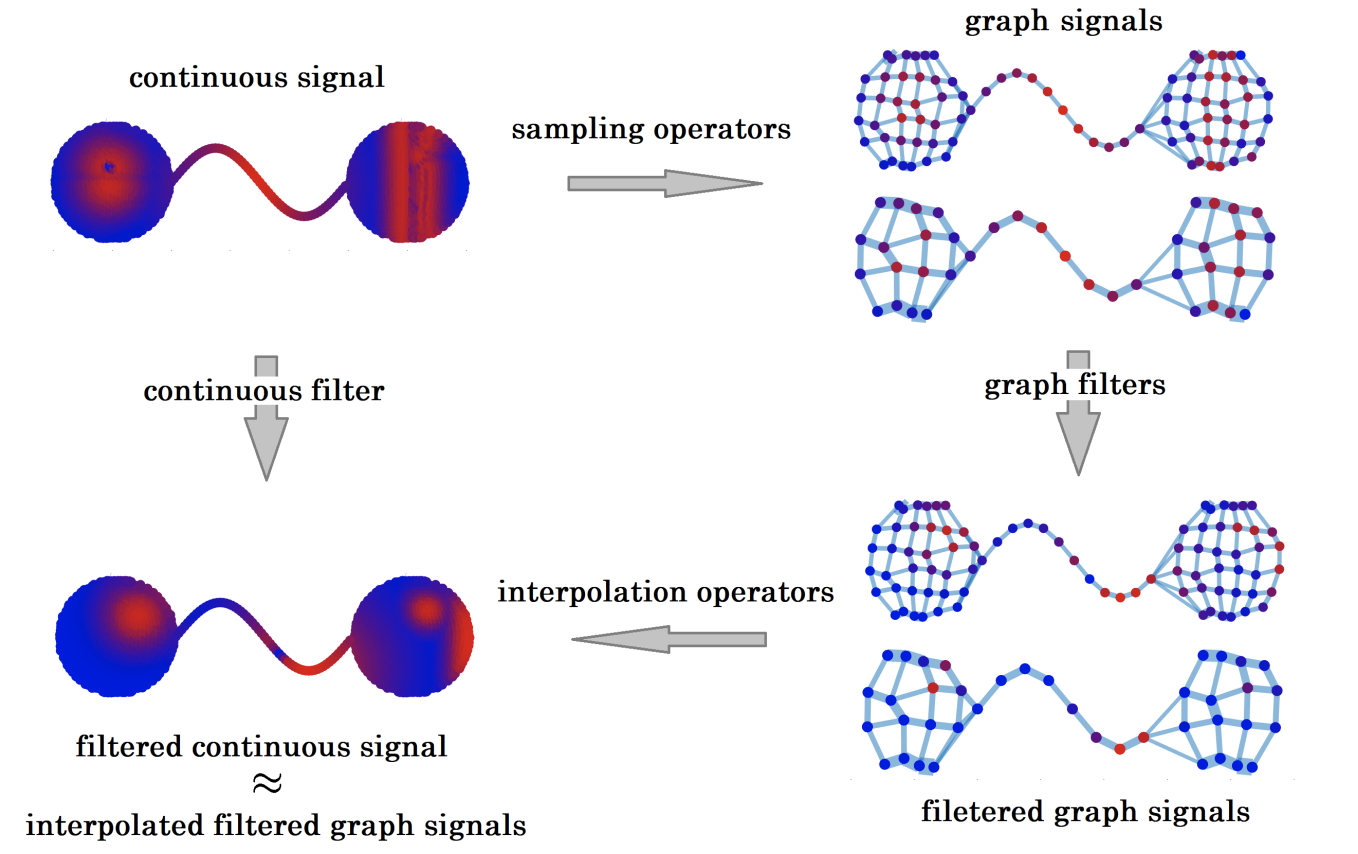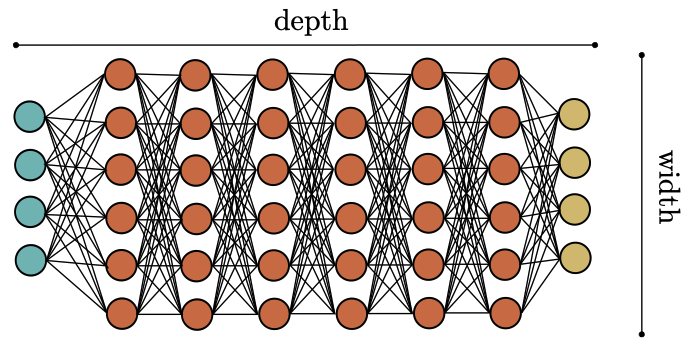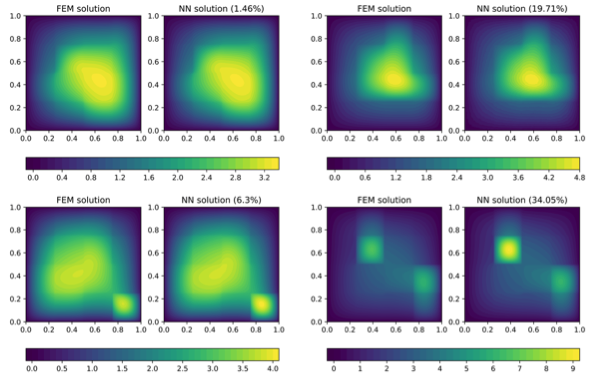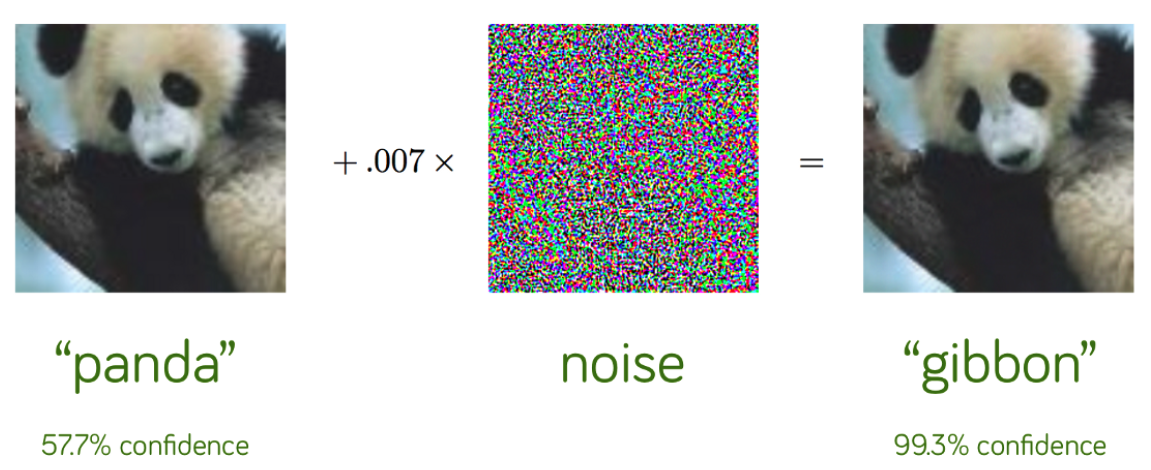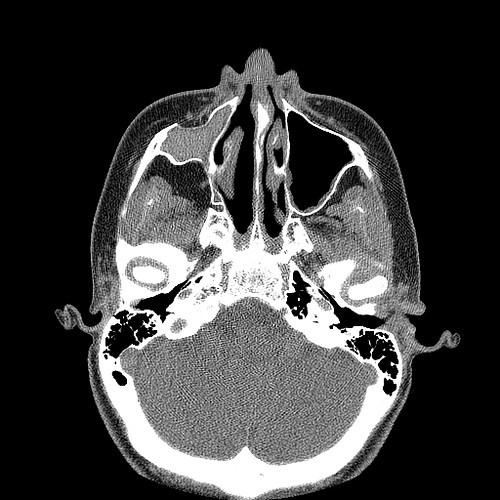Theses
Prospective Thesis Students
We offer multiple Bachelor/Master theses in artificial intelligence with a broad range of theoretical and applied topics. As a Master/Bachelor student writing a thesis at our chair you can expect the following opportunities:
- Broad range of highly relevant problems in mathematics of artificial intelligence and exciting applications
- Regular meetings with Prof. Dr. Gitta Kutyniok.
- A second contact person from the chair, who is also an expert in the field of your thesis. Thus, there will always be immediately a person available for any questions which you might have.
- Participation in the seminar of our chair (if you are interested).
- Invitation to getting to know the members of the chair in the first week of the term.
- Potential contact with numerous international experts.
- If your topic is suitable, international contacts may be established so that you can, for instance, write your thesis at a foreign university.
If you are interested in a thesis or a guided research project
Please send your CV and transcript of records to Prof. Gitta Kutyniok via email. We will then arrange a meeting to talk about the potential topics.
Target audience
We highly encourage excellent mathematics students with a background in functional analysis and excellent computer science students with a background in the theoretical aspects of ML to reach out. Other backgrounds are also most welcome to apply.
General background material
We recommend prospective students interested in the mathematics or applications of deep learning to take a look at the following two resources:
Thesis Topics
A non-exhaustive list of open theoretical and applied thesis topics is listed below. Your own proposals may also be considered.
Downloads
- Siemens_Thesis_Proposal (407 KByte)
-
Explainability of Deep Neural Networks
-
Generalization of Deep Neural Networks
-
Graph Neural Networks
-
Deep Neural Networks and Inverse Problems
-
Expressivity of Neural Networks
-
Deep Neural Networks and PDEs
-
Physical Law Learning
-
Robustness of Deep Neural Networks
-
Artificial Intelligence in Medical Imaging



